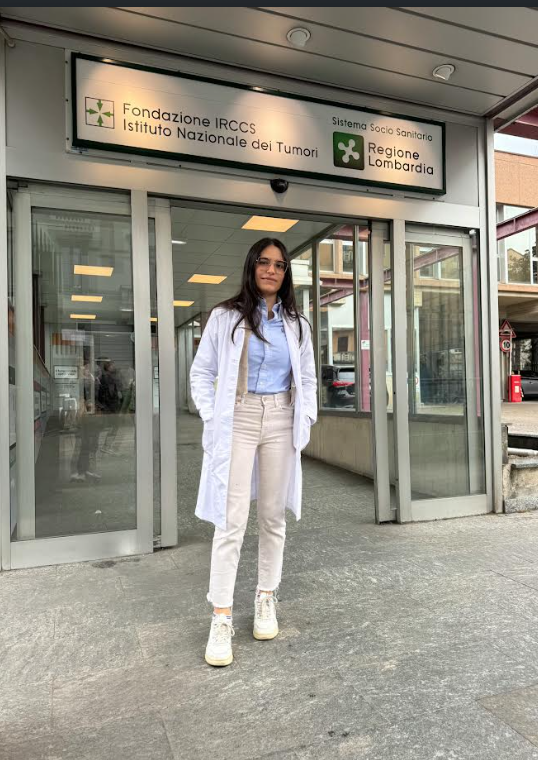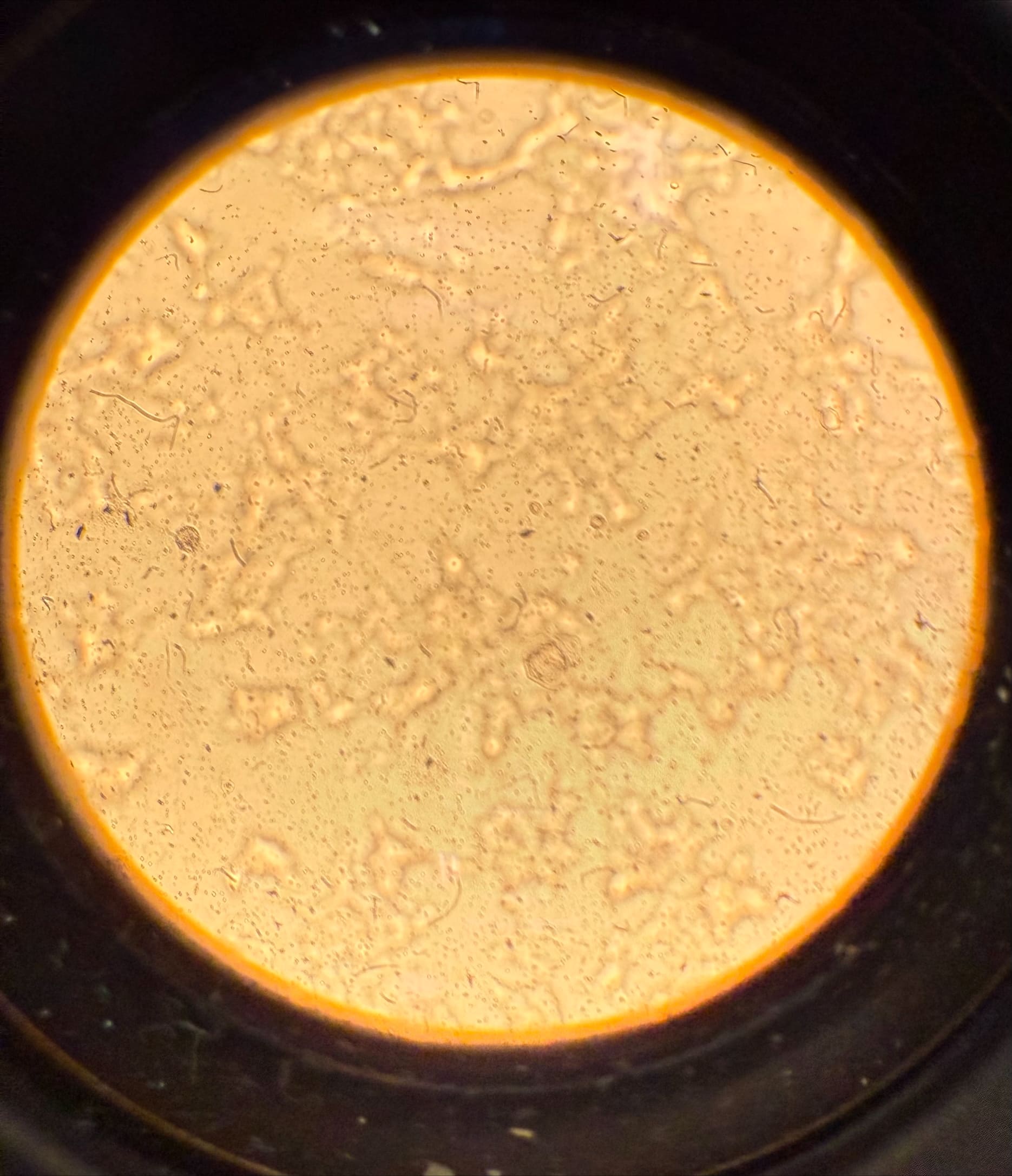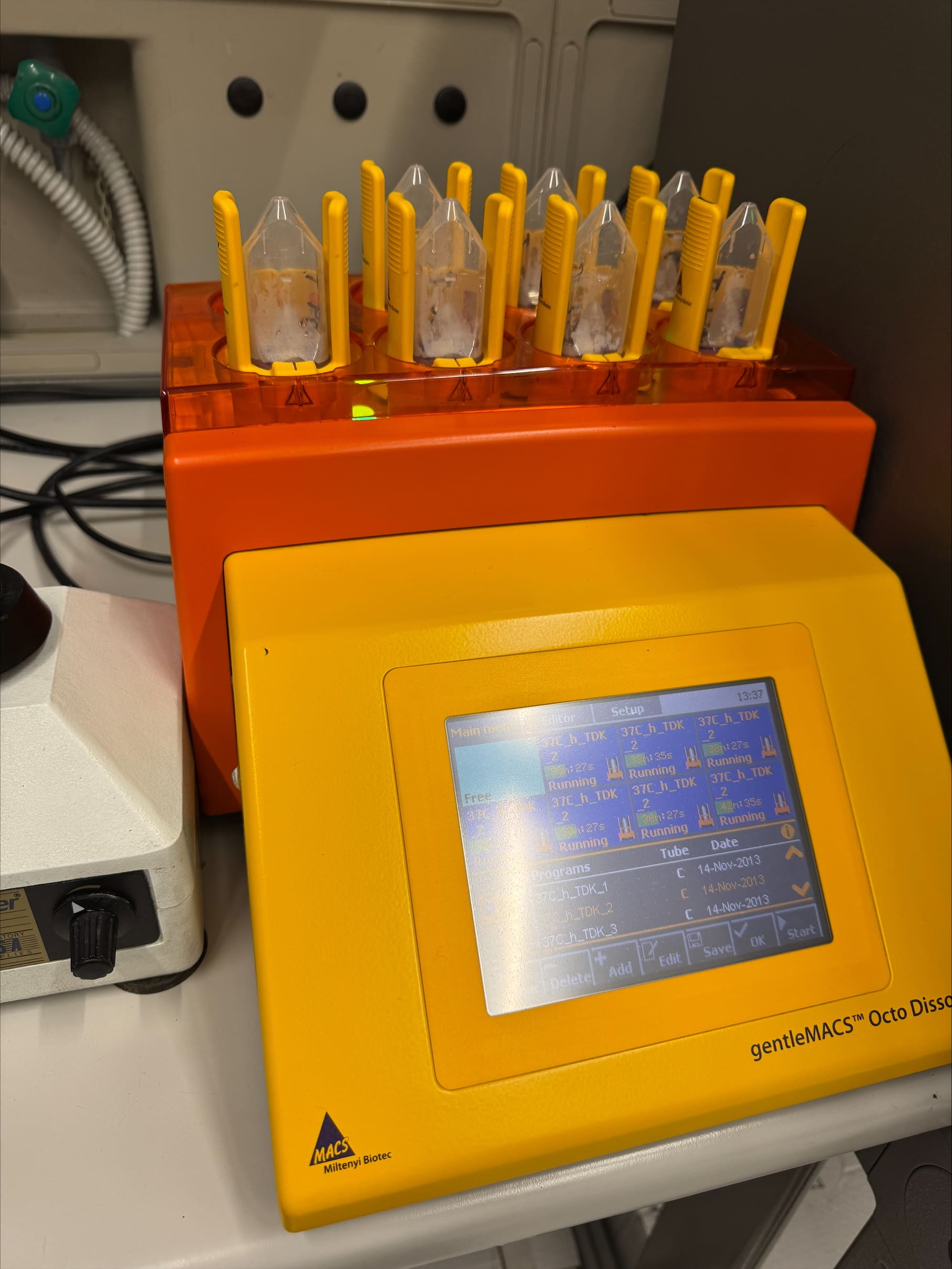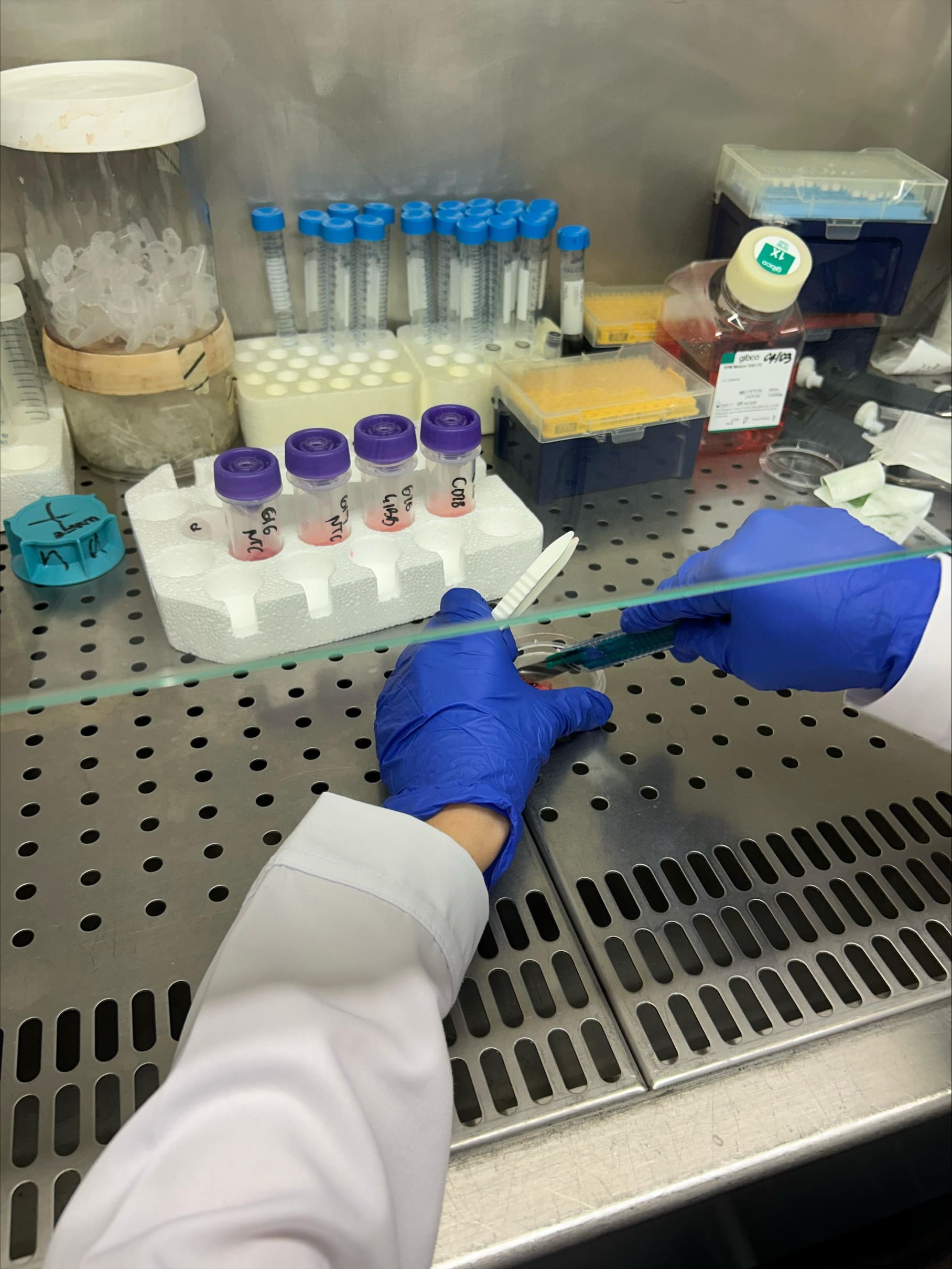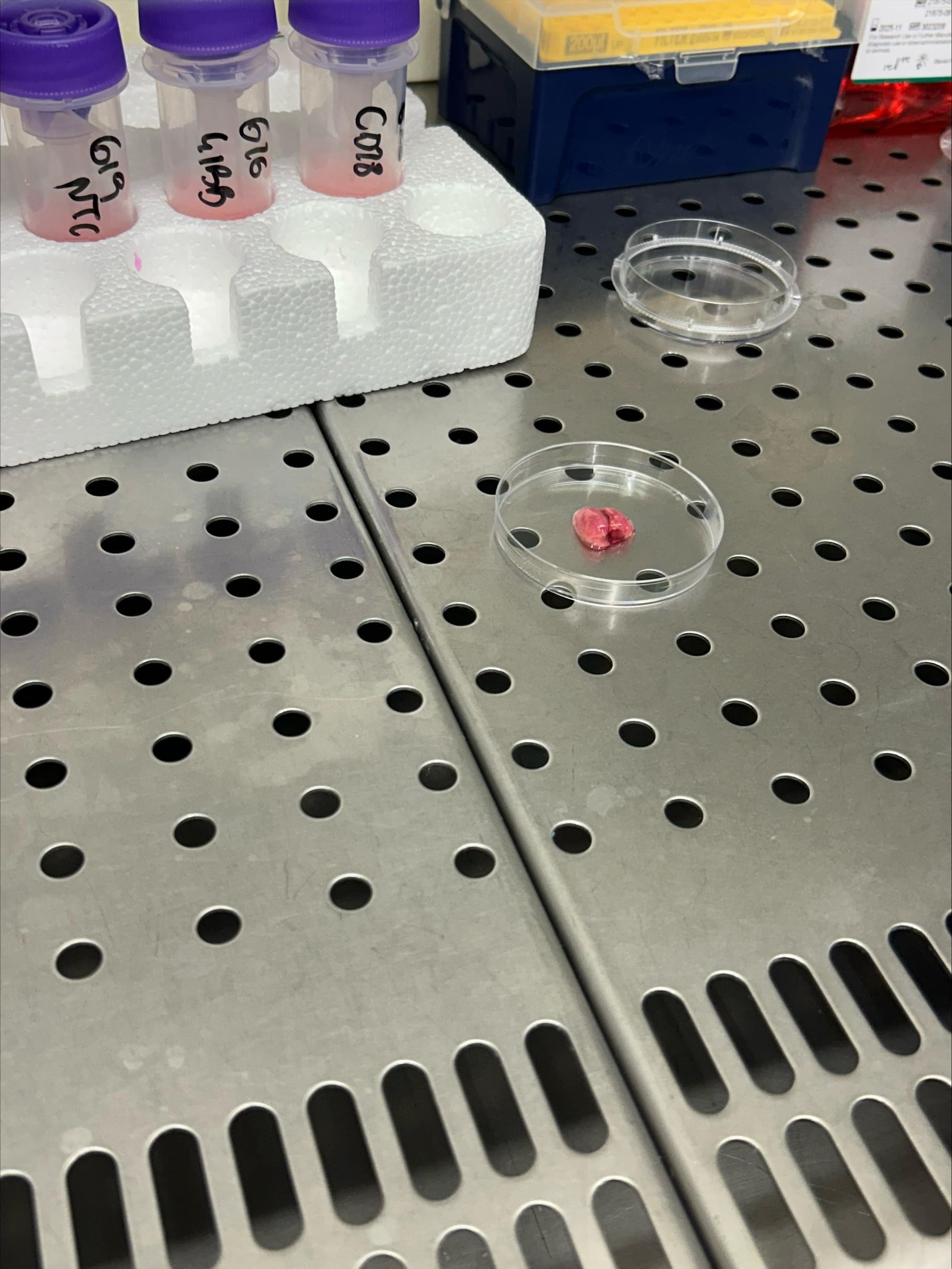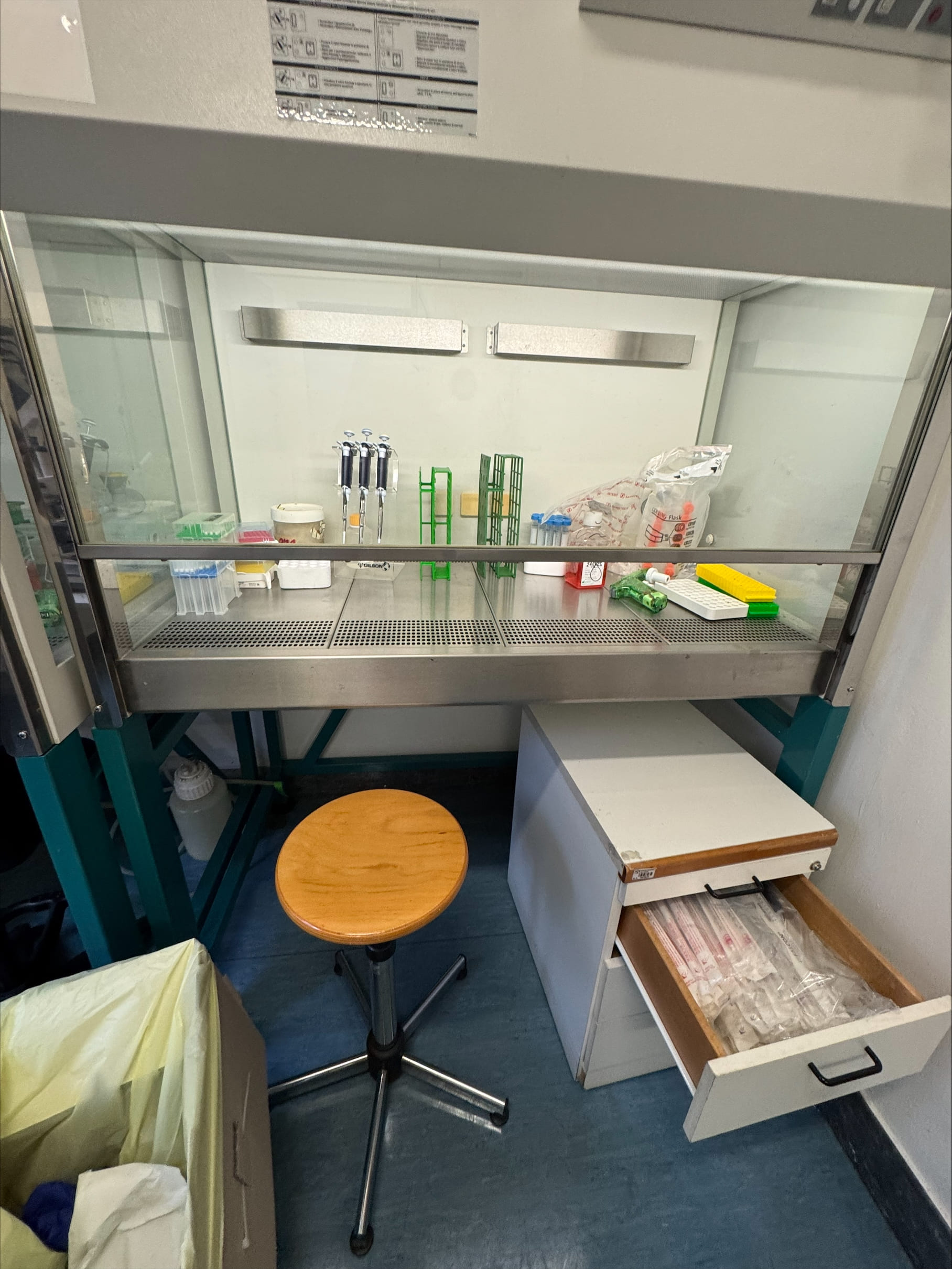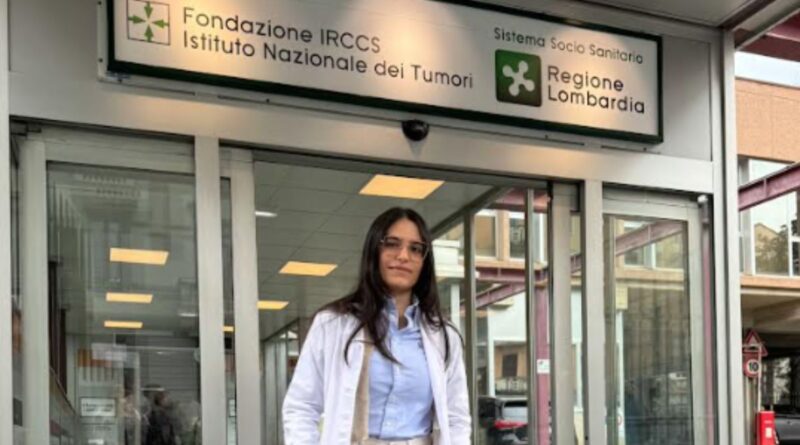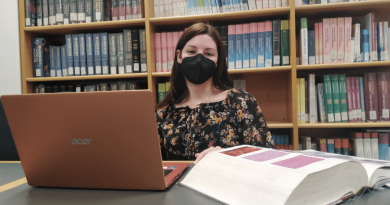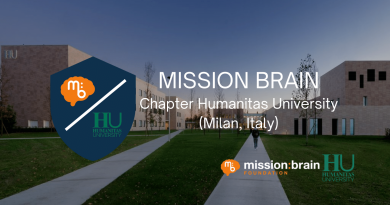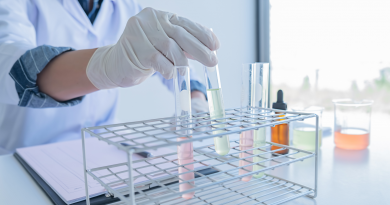Lab Experience at the Istituto Nazionale dei Tumori – Anna Brozzoni
Personal reflections 1st lab rotation
Anna Brozzoni, Virgilio 7° Cohort Student, UNIMI
I got the opportunity to do my 1st lab rotation at the Laboratory of “Unit of Immunotherapy and Anticancer Innovative Therapeutics” at Istituto Nazionale dei Tumori.
PI of the laboratory: Prof. Massimo di Nicola
Tutor: Francesca Putti
The lab focuses on Immunotherapy and the use of CAR-T cells against cholangiocarcinoma and gastric cancer, which are tumors with very limited therapeutic options available today.
My experience & learnings:
I learned a lot about the basic techniques of cell culture, such as changing the medium or freezing/thawing cells and performing dilutions. I also had the opportunity to do some practice, such as changing the medium of cells and preparing samples for Flow cytometry.
Flow cytometry is an analytical technique used to study the physical and chemical characteristics of cells suspended in a liquid. It works by passing cells one by one through a laser beam and measuring their fluorescence emission and light scattering.
During my month in the lab, we used flow cytometry to analyze different murine organs (spleen, lung, blood, and tumor) from mice that had first been inoculated with the tumor and then treated with CAR-T cells. Flow cytometry allows us to determine whether and where our CAR-T cells are present, whether they have reached their target (the tumor), and whether they persist over time. For example, these experiments helped us understand that 41BB CAR-T cells are much more persistent in vivo and therefore have a greater anti-tumor capacity compared to CD28 CAR-T cells, which were found at lower levels.
At first, the lab was somewhat challenging, however, over time, I gained insight into the mindset of a researcher and how a research laboratory ”works”. I learned that experiments often don’t go as expected, but that doesn’t mean they should be discarded. There is always something to learn from every experiment, and if results are unexpected, it is essential to understand why and think critically about how to proceed next.
I learned that one month in the lab is relatively short, because experiments take time, and it can take months or even years before obtaining definitive results. I have come to appreciate even more the fundamental importance of research in medicine.
In terms of safety considerations, I learned the importance of maintaining a sterile environment to prevent contamination and ensure reliable results.
I also had the opportunity to understand the importance of teamwork, especially in a laboratory setting. Research is a collaborative job, where sharing both work and ideas is essential. I was lucky to be in a cohesive team that was always willing to involve me in every experiment and decision made in the lab.
It has been an experience I will surely carry in my heart, one that has shaped me both scientifically, as I learned a lot about CAR T cells and immunotherapy, and personally, as I had the opportunity to see how work is done in a laboratory and how perseverance, despite challenges such as unexpected results or contaminated cells, is essential and fundamental in this field.
